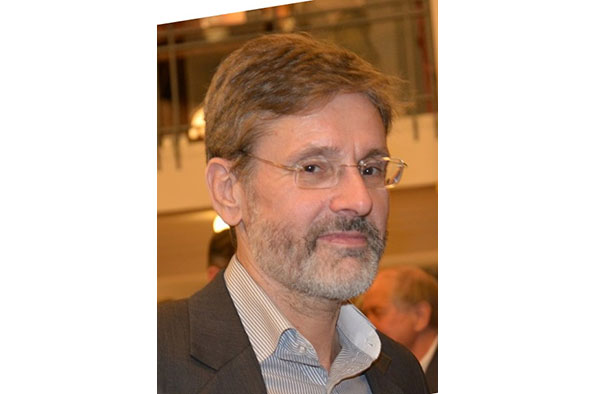
'Current Contributions of the Natural Law Tradition to International Law' Andreas Follesdal
- 01517942302
- Antonia Gilligan
- Admission: Free of charge
Add this event to my calendar
Click on "Create a calendar file" and your browser will download a .ics file for this event.
Microsoft Outlook: Download the file, double-click it to open it in Outlook, then click on "Save & Close" to save it to your calendar. If that doesn't work go into Outlook, click on the File tab, then on Open & Export, then Open Calendar. Select your .ics file then click on "Save & Close".
Google Calendar: download the file, then go into your calendar. On the left where it says "Other calendars" click on the arrow icon and then click on Import calendar. Click on Browse and select the .ics file, then click on Import.
Apple Calendar: The file may open automatically with an option to save it to your calendar. If not, download the file, then you can either drag it to Calendar or import the file by going to File >Import > Import and choosing the .ics file.
Section 1 identifies some defining features of some of the many theories of natural law. Section 2 lays out several of the historical roles and contributions of natural law theories for the theory and practice of international law. For each, we consider to what extent their premises and frames still contribute to present day theoretical debates, and to the perceived crises of international law.
Section 3 considers one particular perceived challenge in more detail: the relationship between international legal positivism and natural law theories. Even though positive international law and international legal positivism have taken on some of these tasks, other contributions of natural law theories remain - Waldron, Koskenniemi and other critics notwithstanding. So international legal positivism has not replaced natural law theories, rather: the latter largely address other issues that the former ignores. Indeed, natural law theories may supplement and challenge international legal positivism with answers to central questions both of legal theory in general, and concerning the international legal positivist account of interpretation in particular. Section 4 considers some criticisms and limitations of natural law theories. Section 5 considers how natural law theories may contribute to address - if not resolve - some of the alleged crises of international law. In particular, natural law may help assesses and respond to the turn toward renationalization due in part to wide spread fears that international law and international courts are at best irrelevant, and at worst sometimes part of domestic and global problems of distributive justice and domination.
Andreas Føllesdal , Professor, University of Oslo
